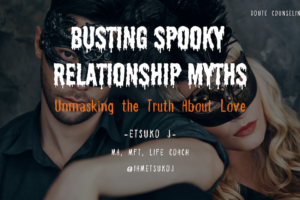Raising Awareness about Postpartum Depression
Welcoming a new life into this world is a truly magical and breathtaking experience that countless women eagerly anticipate. However, for some new mothers, this experience can be overshadowed by a condition known as postpartum depression. This is a form of depression that affects women after childbirth (Centers for Disease Control and Prevention, 2021). Join us as we shed light on this important issue and help raise awareness to support new mothers during this critical time in their lives.

One of the most distressing symptoms of postpartum depression is the fear that you might harm your child. Although this situation is common, having such thoughts does not necessarily mean the mother will act on them. If you have these ideas, you should contact a doctor who can provide the support and treatment you need.
Another symptom of postpartum depression is feeling dissatisfied with your appearance. Pregnancy and childbirth can lead to physical changes in the body. It is essential to remember that the body needs time to recover and return to its pre-pregnancy shape. Therefore, new mothers should focus on taking care of themselves and their baby and not compare themselves to others or give in to social pressure.
A third symptom of postpartum depression is not having enough personal time. As a new mother, it can be challenging to make time for personal interests or self-care since motherhood requires full-time attention. New mothers need to remember that taking care of themselves is an essential part of being able to take care of their baby, and seeking support is a sign of strength, not weakness. They should seek help from family or friends and take breaks when possible.
In conclusion, postpartum depression is a prevalent and manageable condition that affects many new mothers. It is vital to recognize the symptoms and seek help from family, friends, or a doctor. With the right support and treatment, women can recover from postpartum depression and enjoy the happiness of motherhood. Remember to take care of yourself and seek help when needed. You are not alone.

If you’d like to talk to a therapist to help you navigate through postpartum depression, you can contact Sheba Bonner, MFT Intern, and schedule your appointment.




You must be logged in to post a comment.